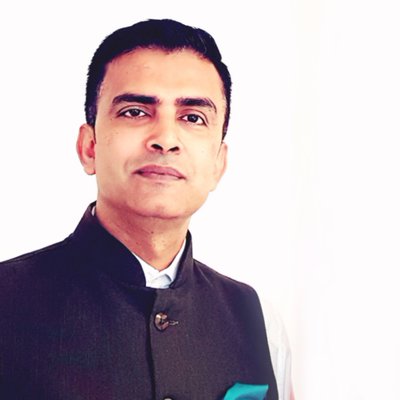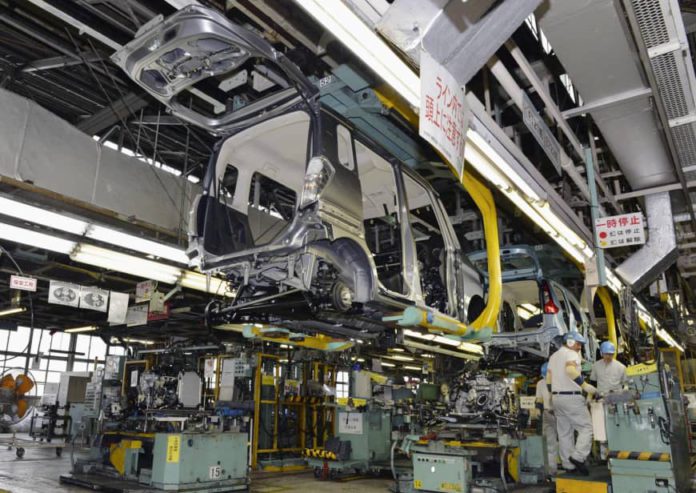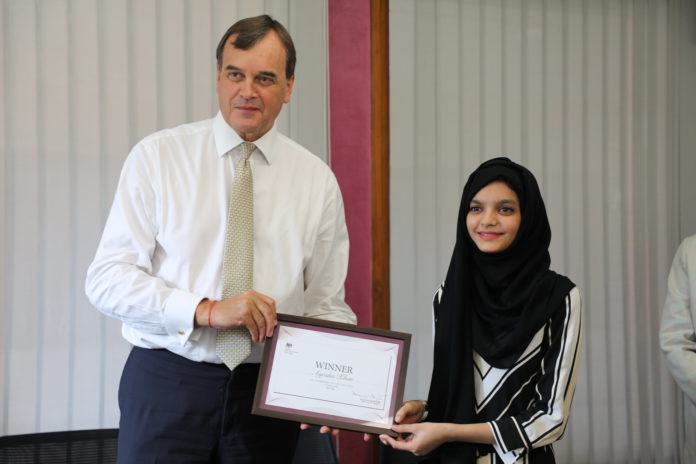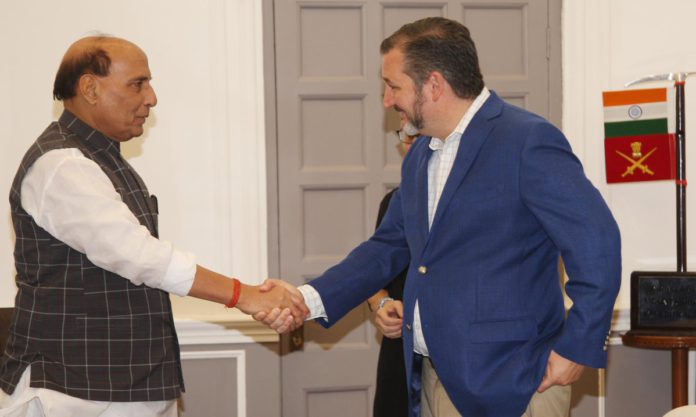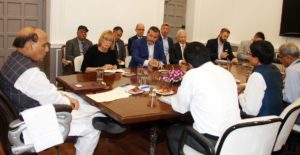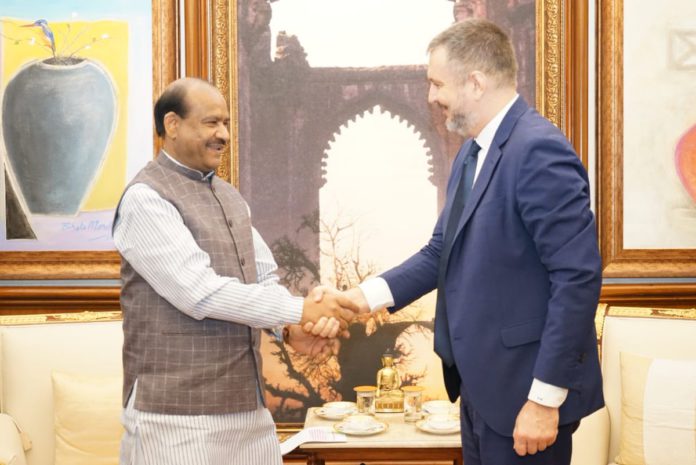New Delhi: Union Human Resource Development Minister Ramesh Pokhriyal ‘Nishank’ inaugurated 13 newly constructed buildings and laid down the foundation stones of 6 Kendriya Vidyalayas located in 12 states through Video Conferencing in here on 11th october 2019.
More than 20 thousand students will be benefited with this huge completion of work having a cost investment of more than Rs. 350 crore.
Addressing the 19 locations through video conferencing, the union HRD Minister Ramesh Pokhriyal ‘Nishank’ said that KVs has become an institution of excellence within the government system and has now been recognized on international platforms. He extended his warm greetings to the concerned Principals, Staff, Parents and Students and local MPs, MLAs and other people’s representatives and stressed that keeping in view this pace KVs will soon become a world class institution.
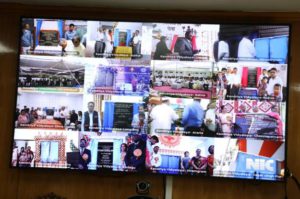
Here is the detailed information about the new KV buildings.
List of 13 KVs where new buildings have been inaugurated:
| S.No. | Kendriya Vidyalaya | District | State/UT |
| 1. | KV Golaghat | Golaghat | Assam |
| 1. | KV Haflong | Dima Hasao | Assam |
| 1. | KV Tamulpur | Baksa | Assam |
| 1. | KV Araria | Araria | Bihar |
| 1. | KV Jaitpur | Rajkot | Gujarat |
| 1. | KV Viramgaon | Ahmedabad | Gujarat |
| 1. | KV Kodagu | Kodagu | Karnataka |
| 1. | KV No. 2 Satna | Satna | Madhya Pradesh |
| 1. | KV Baitul | Baitul | Madhya Pradesh |
| 1. | KV Sambalpur | Sambalpur | Odisha |
| 1. | KV Shivgarh | Raibareli | Uttar Pradesh |
| 1. | KV Perambalur | Perambalur | Tamil Nadu |
| 1. | KV Miryalguda | Nalgonda | Telangana |
List of 06 KVs where foundation stone has been laid:
| S.No. | Kendriya Vidyalaya | District | State |
| 1. | KV Longding | Longding | Arunachal Pradesh |
| 1. | KV Kavardha | Kabirdham | Chhattisgarh |
| 1. | KV Girdih | Girdih | Jharkhand |
| 1. | KV Chennapatna | Ramnagar | Karnataka |
| 1. | KV Jagatsinghpur | Jagatsinghpur | Odisha |
| 1. | KV Nizamabad | Nizamabad | Telangana
|


